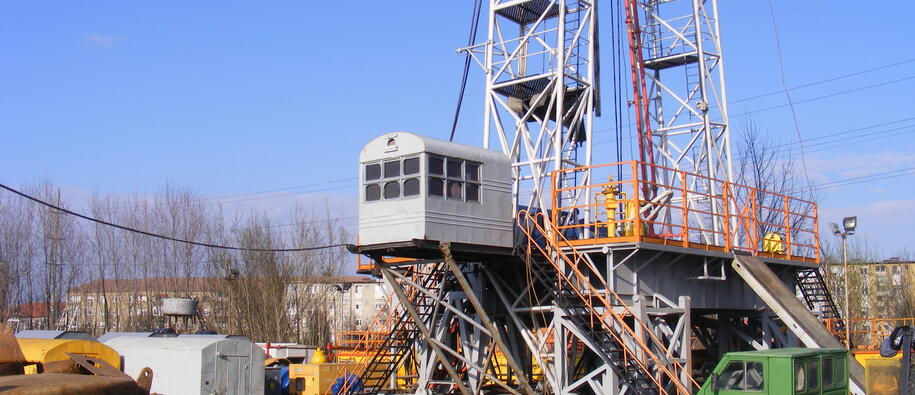Currently available funding
There are currently no calls for proposal.
Programme Summary
Why is the programme needed? Europe's demand for energy is increasing in an environment of high and unstable energy prices. As a result, increased renewable energy production needs to be a driving force for a sustainable development of the European economy. In the decade 2000-2010, Romania’s main activities of national decision makers focused on economic restructuring and introduction of market economy mechanisms. At the same time, exploitation of renewable energy sources (RES) was not prioritised and a number of RES utilisation plants were physically destroyed, fell into disrepair or were running inefficiently. 52% of Romania’s energy demand is covered by coal, gas and oil, with a further 20% covered by nuclear power. Renewable energy solutions, mainly hydropower, constitute ca. 27% of the country’s total energy production. The EU aim is to get 20% of its energy from renewable sources by 2020. Romania has a substantial potential for further utilising its renewable energy sources such as hydropower and geothermal energy. The Romanian government thus developed a National Renewable Energy Action Plan (NREAP) in 2010. The NREAP goal is that by 2020, 38% of energy consumed in Romania will come from renewable energy sources. This programme will contribute towards this target, albeit in a minor way. The programme will simultaneously address the need to upgrade existing small scale hydropower plants in order for them to operate in an effective manner and the need to establish new hydropower facilities and geothermal heat plants with a view to replace fossil fuel. The programme will be important for rejuvenating the renewable energy sector and providing pilots and best practise cases.What will the programme achieve and who are the beneficiaries? The programme will increase the share of renewable energy in energy generation in Romania. This will be done by way of financially supporting the construction or refurbishment of three or more small scale hydropower plants in order to make them more efficient. Moreover, the programme will support the construction of one or more geothermal heat plants in areas where there already is a heat distribution system in place. The new or refurbished plants, particularly the geothermal plants, will contribute to replacing fossil fuel with renewable energy. The programme will benefit local public administration, local institutions, enterprises and households. How will it be achieved? The programme consists of two open calls that will encompass of the following: • One call for proposals for the construction or refurbishment of three or more small scale hydropower plants (up to 10 MW) • One call for proposals for the establishment of one or more geothermal heat plant(s)How will bilateral relations be strengthened? The programme has a strong bilateral dimension as there are Donor Programme Partners on hydropower and geothermal energy respectively: The Norwegian Water Resources and Energy Directorate (NVE) and The Icelandic National Energy Authority (OS). Both DPPs have long standing experience in their fields of expertise. They have been actively involved in the development of the programme, and are committed to taking part in the implementation of it. This will strengthen bilateral collaboration and the exchange of knowledge and best practises. Who can apply for funding under this programme? Eligibility of applicants is defined according to the type of project: 1. Hydropower plant projects (HPP): public or private commercial entities. 2. Geothermal heat plant projects (GHPP): public or private commercial entities and/or local administrative units/authorities.What are the partnership opportunities? There are good partnership opportunities in the programme, and the programme will support potential Project Promoters in establishing partnerships with similar entities in the donor states. The programme will organise two matchmaking seminars: one on small scale hydropower and one on geothermal energy.
